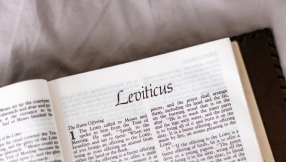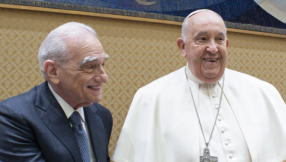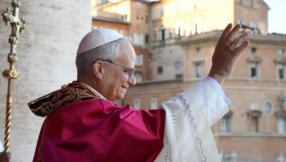India's Supreme Court delays Dalit Christian hearings
"The adjournment came after Gopal Subramanium, additional solicitor general for the Indian government, told the court that the United Progressive Alliance government led by Prime Minister D. Manmohan Singh had still not received a report from the National Commission for Scheduled Castes," reported the All India Christian Council.
An earlier report by former Chief Justice Ranganath Misra's panel had accepted the appeal of Dalits, formerly known as "untouchables", and recommended in May 2007 that Christian and Muslim converts from the Dalit caste be given the same privileges offered to Dalits who become Sikhs, Buddhists or Hindus. The commission has yet to render judgment based upon the panel's recommendation.
National Integration Council member Dr John Dayal said, "This seems part of a planned dilatory tactic. This entire process of referring the issue to various commissions has taken more a year. If the government wants it and has the political will, it can change the law and restore full rights to all Dalits.
"Dalits who converted to Sikhism and Buddhism have been given these rights, but those to Islam and Christianity continue to be punished by being deprived of affirmative action," Dayal continued.
"Article 341 Para 3, which was amended in 1956 and 1990 to benefit Sikhs and Buddhists, must now be changed to also include others. Indian secularism will be strengthened by not bringing in religion in matters of affirmative action."
Dr Joseph D'souza, president of the All India Christian Council noted that the demand for "Scheduled Caste" status for Dalit Christians and Muslims is a fundamental civil right. "The access to affirmative action must be restored to all Dalits unconditionally and irrespective of religion," he said.
Although the Constitution Scheduled Castes Order 1950 provides the status of scheduled caste benefits such as reservations in education and government jobs, these benefits cannot be applied if a Hindu converts to any other religion. Later the order was revised to include Dalit Sikhs and Buddhists while there was no inclusion of the Dalit Christians.
Christians disappointed by the latest delay by the government organized a dharna, or hunger fast, Thursday in the capital. The dharna was to seek equal rights and justice from the government.













